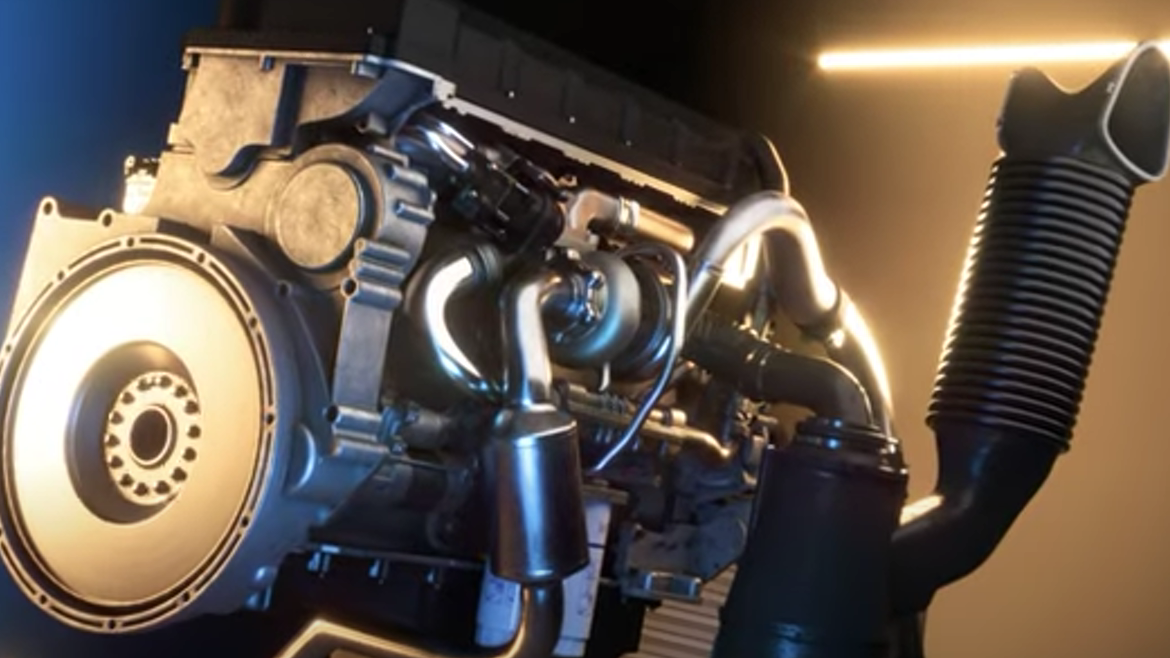Nov 16, 2018
Posted by Marcelo Hipolito, General Manager – Latin America Sales
The Mexican heavy-duty truck market has generally been growing at a steady clip over recent years, expanding the overall fleet, despite the impact on new commercial vehicle sales in 2017. As of today, it represents the 16th largest commercial vehicle population in the world.
We’ve written about the changing global engine landscape recently, and what holds true in numerous global markets is also true in Mexico: As vehicles evolve, so too must the fluids and lubricants that keep hardware operating efficiently and effectively.
Mexico presents a special case. Within the heavy-duty sector, we’re seeing a significant influx of new vehicles—but while the vehicle population itself grows at a rate of about 1.5 percent, the influx of brand-new vehicles is growing at a rate of 8 percent. As new hardware continues to proliferate, the demand for higher-performance lubricants should grow accordingly, generating new opportunity for oil marketers in the region.
But there’s a challenge. It’s estimated that 40 percent of the Mexican commercial vehicle lubricant market remains at API CF-4 and lower—an obsolete specification that is unsuitable for most diesel-powered engines built after 2009, let alone new hardware that’s being introduced in 2018 and beyond.
At a minimum, new hardware and new trucks require lubricants meeting CH-4 and above. The benefits of such a market upgrade are indisputable:
- Wear protection. To meet new emissions rules in the country, many heavy-duty engines have increased their number of valves from two to four for improved combustion efficiency. More valves mean more surface area to protect, and CH-4 lubricants and above deliver the needed wear protection.
- Oxidation and deposit control. To curb harmful combustion gas, many manufacturers have used high-top piston rings within their engines. This technique, however, can raise heat levels and cause increased rates of lubricant oxidation and deposit formation. CH-4 lubricants and above deliver the required oxidation performance and deposit control.
- Soot handling. In new engines, combustion flame temperatures have generally been lowered to delay fuel injection timing, thus curbing NOx production. Delayed injection, however, can lead to higher soot levels. CH-4 and higher lubricants offer the necessary soot handling performance.
- Complexity reduction. When portfolios range from API CF to CK-4, it can be difficult to choose the right lubricant. This upgrade will simplify the decision-making process.
In order to provide a better understanding of these (and other) benefits of this major market upgrade, we need to be supporting:
- Awareness and ease of choice. Once vehicles exit the warranty phase, it can be difficult for fleet owners to identify the right lubricant choice, and it’s often greatly influenced by that owner’s mechanic or supplier recommendation. Owners need to be empowered to choose the best lubricant for their needs and their fleets.
- Awareness of performance. Many end users are unaware that lower-performing lubricants meeting an outdated standard simply do not meet the needs of their engines. The lubricant impacts overall engine durability, fuel economy, and much more.
- Awareness of cost. The wrong lubricant choice can lead to unexpected downtime due to a needed repair, and keeping trucks on the road for longer periods of time directly impacts a fleet owners bottom line.
Our view
The global lubricants industry has the opportunity—and the responsibility—to advocate for a widespread market upgrade in the Mexican heavy-duty market, and in markets like Mexico all around the world.
Consider that India and China are already in the process of upgrading from CH-4 as their minimum standard for heavy-duty fleets. It serves to illustrate where Mexico stands in comparison to the global truck market, and the opportunity that exists to elevate these markets globally. The choice of higher-performing lubricants benefits everyone throughout the marketplace.
For more information on the Mexican Market, contact your Lubrizol representative.









